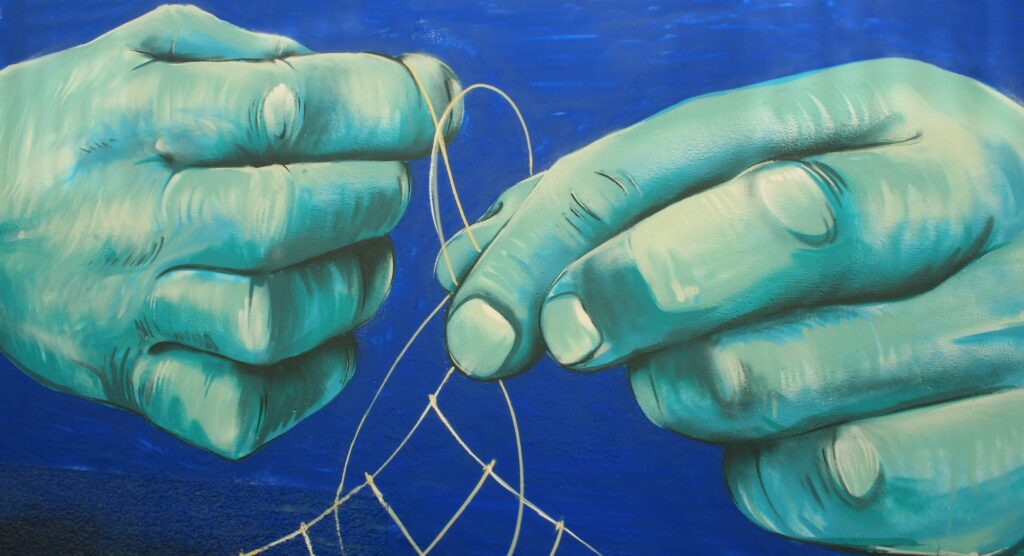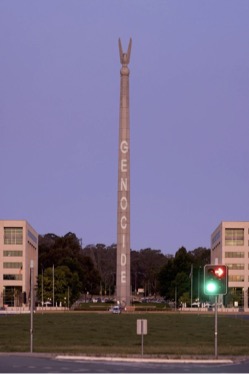Treaty Victoria

By Ruby Okely
Yesterday, Victoria made history by tabling a treaty bill, becoming the first state or territory to do so. Victorian Premier Jacinta Allan said she was proud to introduce the bill into parliament.
This long-awaited milestone has been a decade in the making. If passed, the bill will make the First Peoples’ Assembly a permanent body under a new authority called Gellung Warl. Gellung Warl will consist of two bodies, including one focused on truth-telling and another on accountability.
The treaty is grounded in the principles of self-determination, truth-telling, and free, prior, and informed consent. The Assembly will be empowered to make representations, provide advice, and question ministers, including consultation on laws and policies affecting First Peoples in Victoria. However, it will not hold veto power. The treaty also calls for a formal apology from the Victorian Government to the First Peoples of Victoria.
The Assembly will carry a range of responsibilities, including confirming Aboriginality, overseeing the government’s Aboriginal community infrastructure program, managing the Victorian Aboriginal Honour Roll, and NAIDOC events among other initiatives. Further aspirations include reinstatement of traditional place names, embedding truth-telling into the school curriculum, and establishing the First Peoples’ Institute, which will provide opportunities for knowledge-sharing, skills development, and leadership training.
Gellung Warl will be subject to the same oversight mechanisms as parliament and government, with scrutiny from the Independent Broad-based Anti-Corruption Commission (IBAC) and the Ombudsman.
At its heart, the treaty seeks to promote healing and create real, practical outcomes for First Peoples in Victoria. It is underpinned by the principle of self-determination, as recognised in the United Nations Declaration on the Rights of Indigenous Peoples (UNDRIP), which is referenced throughout the Statewide Treaty document.
If passed, this treaty will mark a significant step toward healing and self-determination for Victoria’s First Peoples. Its success may inspire other states and territories to follow suit. This ongoing work is a testament to the enduring importance of culture and sovereignty.



